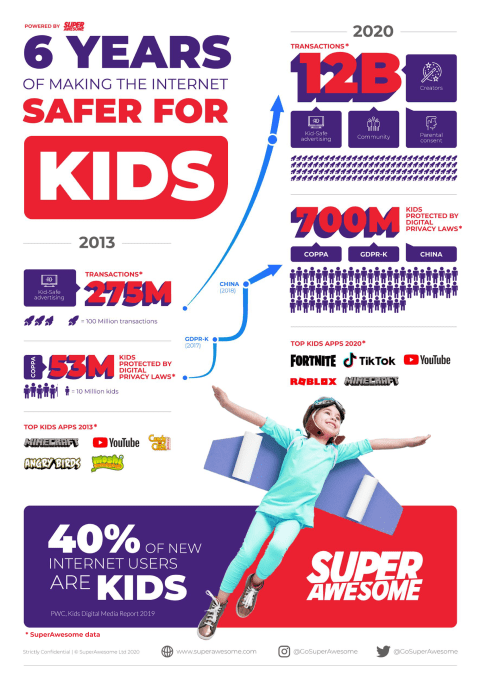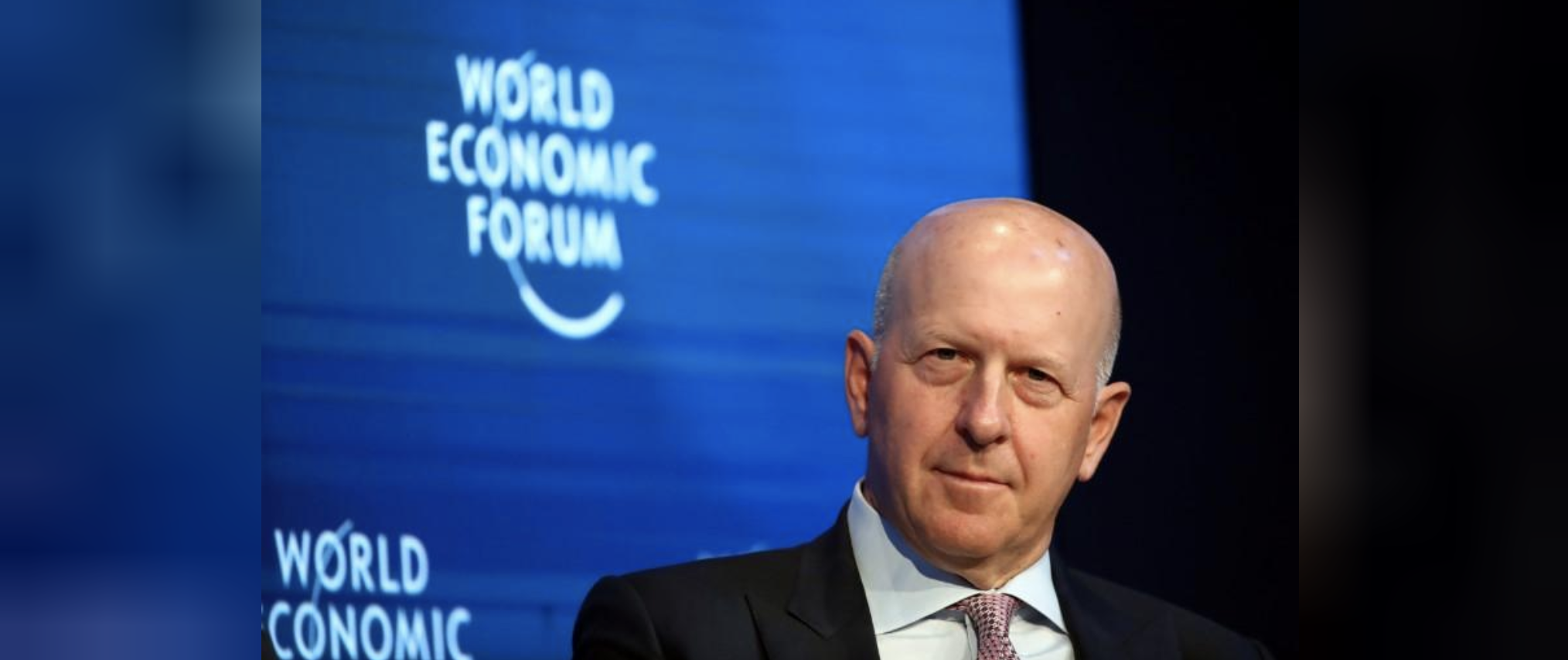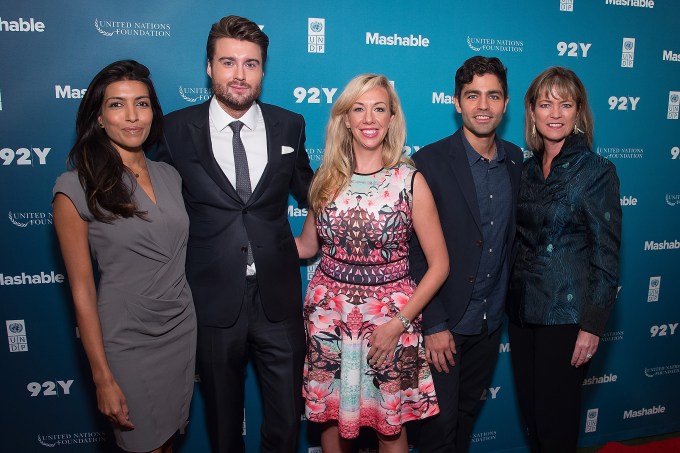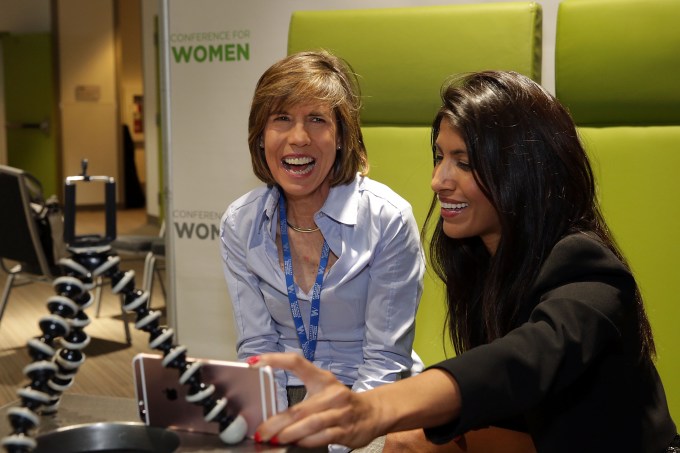In nearly a decade of attending Sundance, I’ve never seen a scene like the premiere of the documentary Miss Americana, detailing the last year and a half or so of Taylor Swift’s life. The crowd before letting into the theater was huge, blistering with rumors about whether or not there was so many guests and press that there wouldn’t be room for ticketed attendees and whispers about which door Swift would use when arriving.
A large crowd of hopeful waitlister fans, largely young women (not extremely common for Sundance) sang Swift songs in the 30 degree chill. When Swift did arrive, the cheers were off the charts for a normally relatively reserved crowd used to seeing celebrities.
All of this buildup, of course, served to underscore the major themes of Lana Wilson’s intimate and focused profile of Swift during a period of her life that typified a major shift in her attitude towards her public and private life.
If you’re like most people, your feelings about what kind of person Swift might be are decided by crowd-sourced panel of the top few percent of the most vocal Internet users. Among those, of course, are the media.
We’re far enough now into the Internet’s third age where it’s not represented as some sort of holistic and separate entity. Instead it’s woven like a tapestry into the daily life of Swift and her camp. Tweets, Instagram posts and articles on sites like this one are presented as a third conversant in any conversation, both between Swift and Wilson and between Swift and her family.
Basically, Swift is like most of us in that regard, we have all begun to treat the collective output of the internet as an entity with a right to wedge itself into any two beings attempts to reason.
But Miss Americana is not just about Taylor vs. The Internet, it’s also reflection on how that same panel lowers its gavel differently for women, especially young women, than it does men.
The closest parallel for me is probably Lady Gaga’s 2018 documentary Five Feet Two. There are similar segments that show the teardown of the modern pop song-making process.
Swift says that those were her most nerve wracking to film because of the messy way songs sometimes come together. But they were fascinating to me, and are some of the most fun bits. Swift and her collaborators often write and sing words right off of their iPhones (I saw no Android devices at all) as they work through a track. Songs that come to have intense meaning for fans are often snapshots of Swift’s life quickly jotted down in the notes app.
About that oddity, and pretty much every other way that the public perceives her, Swift proves to be firmly and calmly self-aware. She even acknowledges that this very awareness of how she is perceived often comes across as calculation or manipulation on her part.
While Swift gets all of this criticism powered by attention economy jet fuel, her self-awareness is not unique. I see it on TikTok and other young platforms, as teens and young people come to grips with and analyze how they are manipulated and judged by those very platforms. Swift may represent a sort of prime exemplar, but the attitude is generational, imo.
The Kids are just more capable of awareness of the systems at work on them than any previous generation.
The aforementioned Gaga doc, for me, worked very well when it showcased the real physical and psychological toll of a pop career. Miss Americana does this as well, even though Gaga has focused on her ability to challenge and provoke, while Swift has — as she herself admits in the doc — held onto the concept of being a ‘good girl’, liked by everyone as her guiding principle.
Swift’s realization of the completely impossible task of pleasing the networked apparatus of fickle outrage machines that pass as the deciding body of public opinion now is the core pivot point for the doc.
That’s typified by a scene where she is faced by a panel of people, all men, who are telling her all of the reasons taking a public political stance would be dangerous, costly to her brand and damaging to her financially. The impetus is Swift’s opposition to Tennessee Senator Marsha Blackburn’s re-election. Swift’s experience with her sexual assault trial and Blackburn’s opposition to the Violence Against Women Act are the tipping point that pushes her to take a public political stance for the first time. Provoking her team to have a conversation that takes the rough shape of an intervention.
There are sincere elements of concern for Swift — her father gets all of her death threats and arranges for security, she said after the screening. But the comments from her staff and team included by Wilson are telling — “what is the most effective way we could ensure that half as many people come to a Taylor Swift show?”
What you won’t find in this doc is some sort of lurking personal demon. Instead the demon is the way that internet culture reduces anyone with a modicum of fame to slivers of projected personality. And, by extension, becomes the most potent engine of self doubt ever invented.
By demoting the Internet to a tool vs. a deciding force in her well being, Swift is showing fans and viewers a healthier path forward.
The two major themes explored include Swift’s desire to please an ever-demanding audience, and the endemic separation between the way creative men are judged and the way creative women are judged in the public sphere.
Both are addressed cleverly, if not in a wholly (and perhaps impossibly) satisfying way.
Wilson has executed the prime directive of a documentary film with Miss Americana. If you were of a slightly negative opinion of Swift going in, based on casual impressions generated for you by vocal minorities amplified via algorithm you will find yourself coming away with more empathy, understanding and likely respect for the Swift presented here. A portrait of a powerful woman in control coming to grips with the current costs of that command.
People on the other side of the love/hate coin are unlikely to be converted. But given that one of the through lines of the doc is Swift’s increasing ability to separate opinion from directive, it’s not likely that it will bother her — as much.
Image: Sundance

Source: Tech Crunch









